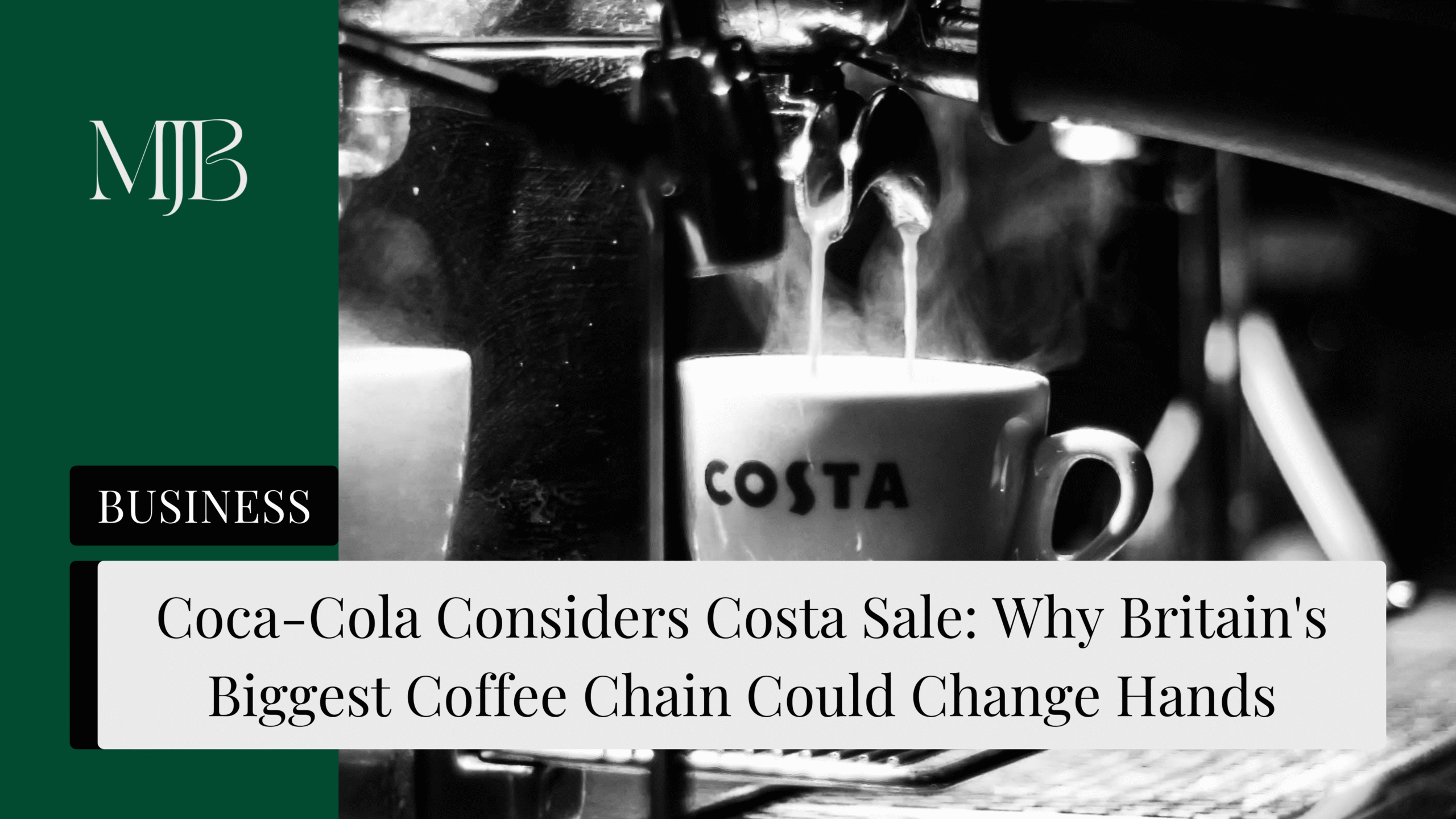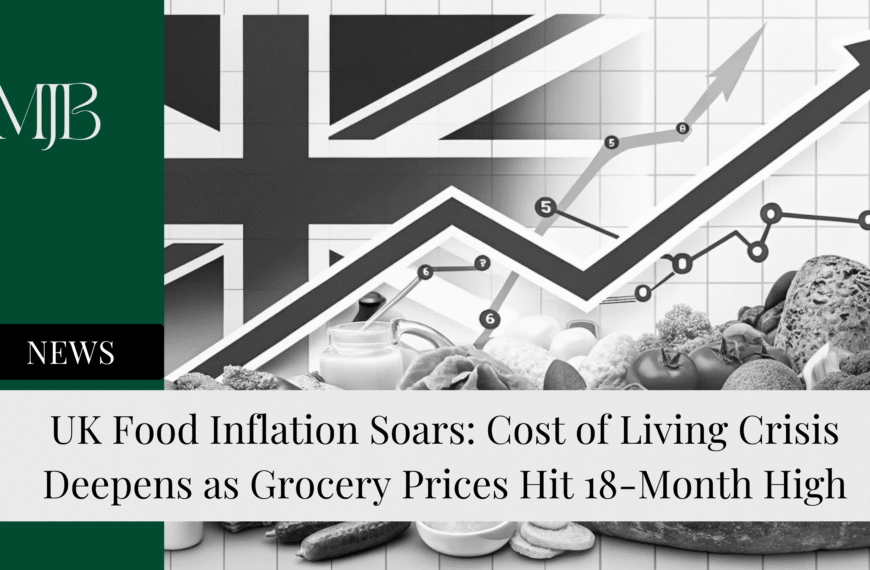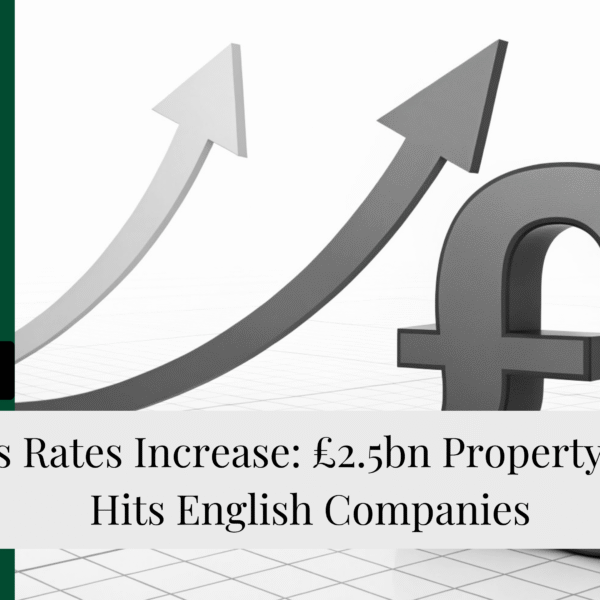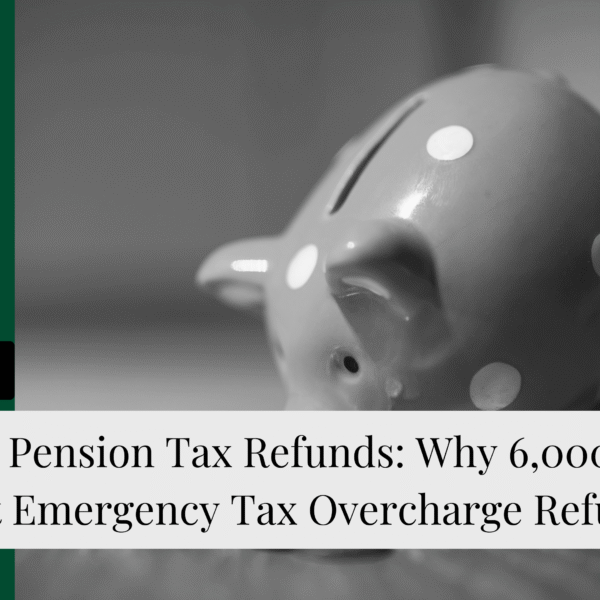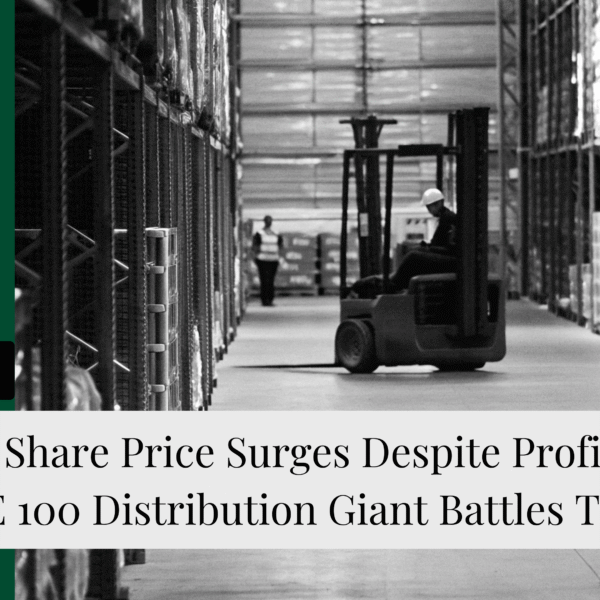Coca-Cola is exploring a potential Costa Coffee sale just six years after acquiring Britain’s largest coffee chain for £3.9bn. The soft drinks giant has enlisted investment bank Lazard to gauge interest from private equity firms and strategic buyers, with preliminary offers expected this autumn.
The Costa Coffee sale talks come as the UK coffee chain posted a £9.6m loss in 2023 despite £1.22bn in revenue. Rising costs, inflation pressures, and shifting consumer preferences have prompted Coca-Cola to reconsider its coffee market strategy. Here’s what’s driving this potential £2bn deal.
Why Coca-Cola Is Exploring a Costa Coffee Sale
Six years after the £3.9bn acquisition, Coca-Cola’s relationship with Britain’s biggest high street coffee chain has soured. The beverage giant has hired Lazard investment bank to assess buyer interest, with private equity firms already circling the opportunity.
Costa Coffee’s financial struggles tell the story. After generating £245.9m pre-tax profit in 2022, the chain plunged to a £9.6m loss in 2023. Inflationary pressures on energy, payroll, and raw materials crushed margins faster than customers could consume their daily lattes.
CEO James Quincey hinted at strategic changes during recent earnings calls, admitting “Our investment in Costa is not where we wanted it to be from an investment hypothesis point of view.”
Costa Coffee Valuation: From £3.9bn to £2bn
The Costa Coffee sale could see Coca-Cola accept roughly half its original investment. Industry analysts estimate the coffee chain’s current valuation at approximately £2bn – a significant haircut from the 2019 purchase price.
This potential loss won’t meaningfully impact Coca-Cola’s finances. The company reported £47bn net revenues in 2024 (up 3% year-on-year), making Costa’s underperformance more of an annoyance than a crisis.
Private equity firms and strategic buyers are expected to submit indicative offers this autumn, though Coca-Cola retains the option to withdraw from sale discussions entirely.
Costa Coffee’s Financial Performance and Market Position
Despite posting losses, Costa Coffee remains a formidable retail presence. The UK coffee chain operates over 2,000 stores across Britain and Ireland, plus 1,300+ international outlets spanning 50 countries.
Costa Coffee’s workforce actually expanded during 2023, growing from 17,344 to 17,809 employees. However, dividend income collapsed from £245m to just £1m, highlighting the severity of its financial challenges.
The coffee chain faces intense competition from Starbucks, Nestlé, and emerging independent café brands targeting health-conscious consumers seeking premium coffee experiences.
Private Equity Interest and Strategic Buyers
The Costa Coffee sale has attracted significant private equity interest, with firms viewing the coffee chain as an undervalued retail opportunity. Strategic buyers could modernise Costa’s digital infrastructure, expand ready-to-drink offerings, or leverage its UK market dominance.
For private equity firms, Costa Coffee’s established brand equity, global footprint, and operational scale present compelling revitalisation prospects. The coffee retail market, despite current headwinds, remains worth over £100bn globally.
Potential buyers recognise that Costa Coffee’s current struggles may reflect management issues rather than fundamental market problems. The chain’s loyal UK customer base and international presence could flourish under new ownership.
Strategic Implications for Coca-Cola
The Costa Coffee sale represents Coca-Cola’s strategic pivot towards health-focused beverages and core competencies. The company has expanded zero-sugar products, functional drinks, and premium water brands whilst coffee struggled.
Coca-Cola’s “Make America Healthy Again” initiatives, including using real cane sugar and reducing artificial ingredients, align better with carbonated beverages than coffee retail operations. Exiting Costa allows increased focus on higher-margin segments.
This strategic business review reflects broader industry trends, with food and beverage companies seeking operational efficiency and portfolio optimisation amid inflation pressures and changing consumer preferences.
Bottom Line on the Costa Coffee Sale
Coca-Cola’s potential Costa Coffee exit highlights that acquisition success requires operational expertise, not just financial resources. The coffee chain’s 2023 losses demonstrate how even established brands struggle with market dynamics and cost inflation.
Whether Costa finds new private equity ownership or remains with Coca-Cola, this deal underscores the importance of strategic focus in today’s competitive beverage market.
FAQ
Q1: Why is Coca-Cola considering selling Costa Coffee?
A: Coca-Cola is exploring a Costa Coffee sale due to poor financial performance, including £9.6m losses in 2023 despite £1.22bn revenue. Rising costs, inflation pressures, and strategic refocusing on core beverage products are driving the potential sale.
Q2: What is Costa Coffee’s current market valuation?
A: Industry analysts estimate Costa Coffee’s current valuation at approximately £2bn, roughly half of Coca-Cola’s original £3.9bn acquisition price in 2019. This represents a significant markdown from the initial investment.
Q3: Which companies are interested in acquiring Costa Coffee?
A: Private equity firms are showing strong interest in the Costa Coffee sale, with Lazard investment bank facilitating discussions. Strategic buyers and retail-focused investors are also evaluating the UK coffee chain opportunity.
Q4: How many Costa Coffee stores operate globally?
A: Costa Coffee operates over 2,000 stores across the UK and Ireland, plus more than 1,300 international outlets in 50 countries. The chain employs approximately 17,800 people worldwide and remains Britain’s largest coffee retailer.
Q5: When might the Costa Coffee sale complete?
A: Preliminary offers for Costa Coffee are expected this autumn 2025, though Coca-Cola could still decide against proceeding with the sale. Any transaction would require board approval and regulatory clearance before completion.
DISCLAIMER
Effective Date: 15th July 2025
The information provided on this website is for informational and educational purposes only and reflects the personal opinions of the author(s). It is not intended as financial, investment, tax, or legal advice.
We are not certified financial advisers. None of the content on this website constitutes a recommendation to buy, sell, or hold any financial product, asset, or service. You should not rely on any information provided here to make financial decisions.
We strongly recommend that you:
- Conduct your own research and due diligence
- Consult with a qualified financial adviser or professional before making any investment or financial decisions
While we strive to ensure that all information is accurate and up to date, we make no guarantees about the completeness, reliability, or suitability of any content on this site.
By using this website, you acknowledge and agree that we are not responsible for any financial loss, damage, or decisions made based on the content presented.

